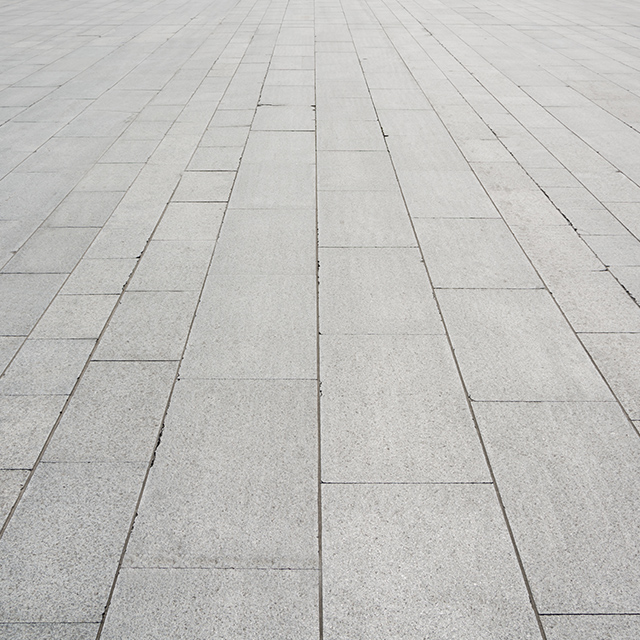Expert Concrete Installment: Changing Your Area with Solid Structures
Expert Concrete Installment: Changing Your Area with Solid Structures
Blog Article
Introducing the Eco-Friendly Advantages of Using Recycled Concrete in Lasting Building And Construction Practices
In the realm of sustainable building and construction methods, the utilization of recycled concrete stands as a pivotal yet commonly undervalued source. Beyond its standard applications, recycled concrete offers a myriad of green benefits that extend far past the confines of standard building products.
Ecological Benefits
Undoubtedly, one of one of the most significant benefits of making use of recycled concrete is its favorable effect on the setting. By integrating recycled concrete right into building and construction techniques, there is a significant decrease in the demand for new raw products, bring about preservation of natural deposits. This process helps in preserving accumulations, water, and power that would certainly have been made use of in generating new concrete. Furthermore, making use of recycled concrete diminishes the amount of waste being sent out to garbage dumps, consequently minimizing ecological contamination and easing the stress on landfill capacities.

Furthermore, the manufacturing of traditional concrete is a significant resource of carbon discharges because of the energy-intensive process of cement manufacturing. On the other hand, recycled concrete has a lower carbon impact as it decreases the need for brand-new concrete production. This reduction in carbon emissions contributes to mitigating environment change and sustains lasting construction techniques. Generally, the environmental advantages of using recycled concrete are substantial and play a vital function in advertising eco-friendly building and construction approaches.
Cost-Efficiency
Attaining cost-efficiency is a paramount consideration when assessing the application of recycled concrete in construction jobs. Among the key advantages of making use of recycled concrete is its cost-effectiveness compared to standard concrete. The manufacturing of recycled concrete involves less power and sources as it utilizes existing materials, lowering the total job costs dramatically. Additionally, the accessibility of recycled concrete in your area can further reduce transportation costs, making it an extra affordable option for building jobs.
Additionally, the usage of recycled concrete can bring about savings in land fill expenses by diverting concrete waste from disposal sites. This not only reduces the environmental effect however likewise gets rid of the costs related to waste elimination. The resilience and performance of recycled concrete are similar to standard concrete, ensuring that price financial savings do not jeopardize the quality of the construction.
Durability and Stamina
Taking into consideration the considerable cost-efficiency benefits of utilizing recycled concrete, it is essential to examine its sturdiness and stamina in building and construction applications. Recycled concrete deals similar, otherwise premium, longevity and stamina residential or commercial properties to traditional concrete. Through improvements in processing strategies and quality assurance, recycled concrete can satisfy or exceed the efficiency standards of standard concrete. The process of recycling concrete entails click to investigate crushing, arranging, and screening old concrete to create aggregates that can be utilized in new building and construction jobs. These recycled accumulations are capable of providing satisfying compressive strength, longevity, and lasting performance.

Waste Decrease
Effective waste decrease techniques play a vital duty in the sustainable usage of sources within the construction industry. When it pertains to making use of recycled concrete, waste reduction is an essential advantage that adds considerably to environmental conservation. Typical construction methods commonly create considerable quantities of waste, specifically in the form of concrete debris from demolition websites. By integrating recycled concrete into building and construction tasks, this waste is repurposed and drawn away from land fills, reducing the overall environmental impact of construction tasks.
Recycled concrete not just aids in lessening the amount of waste that winds up in land fills but also conserves all-natural sources by lowering the need for brand-new accumulated materials. This process of waste decrease promotes a round economic situation within view website the building industry, where materials are recycled and recycled to create an extra lasting market. Additionally, using recycled concrete can cause cost savings for building tasks, as it is often more cost effective than sourcing and carrying new products. Finally, waste decrease through the application of recycled concrete is a crucial component of lasting construction techniques that benefits both the setting and the building market as a whole.
Energy Preservation
Power conservation is an essential aspect of lasting construction methods, intending to reduce the overall energy intake connected with building operations and products manufacturing. When it concerns using recycled concrete in construction, considerable power cost savings are accomplished contrasted to traditional concrete production. The process of creating recycled concrete entails squashing and recycling existing concrete products, which consumes less energy than mining, processing, and carrying raw products for new concrete manufacturing. Additionally, the usage of recycled concrete can aid lower the need for virgin aggregate, additional lowering the energy-intensive removal and handling of natural resources.
Conclusion
In verdict, the use of recycled concrete in sustainable building practices supplies various ecological advantages, cost-efficiency, durability, toughness, waste reduction, and power conservation. By integrating recycled concrete into building jobs, we can contribute to a more lasting and eco friendly future. It is essential for the building and construction market to prioritize the usage of recycled materials to help in reducing the ecological impact of building and construction activities.
One of the crucial advantages of making use of recycled concrete is its cost-effectiveness compared to traditional concrete.Additionally, the use of recycled concrete can lead to cost savings in garbage dump prices by diverting concrete waste from disposal websites. The toughness and performance of recycled concrete are similar to traditional concrete, guaranteeing that price savings do not jeopardize the top quality of the construction.

Report this page